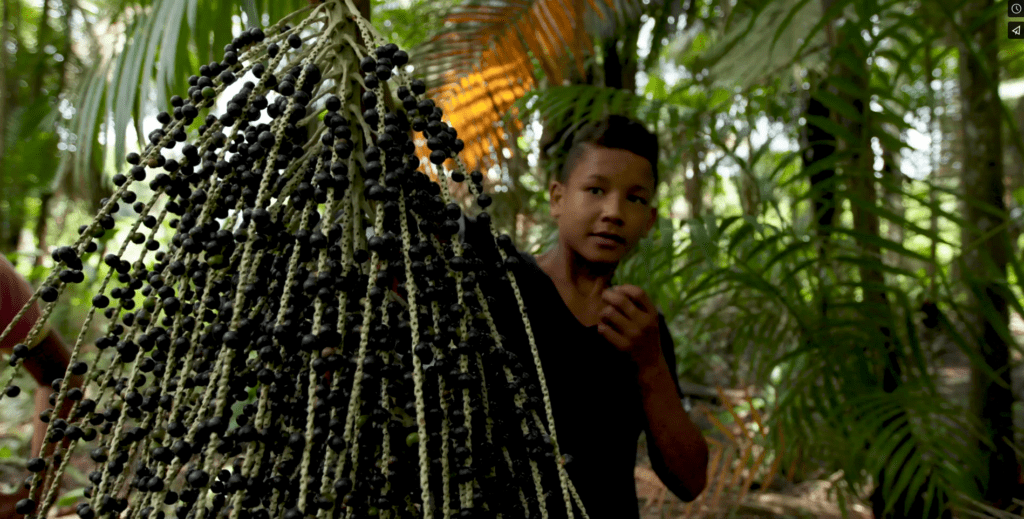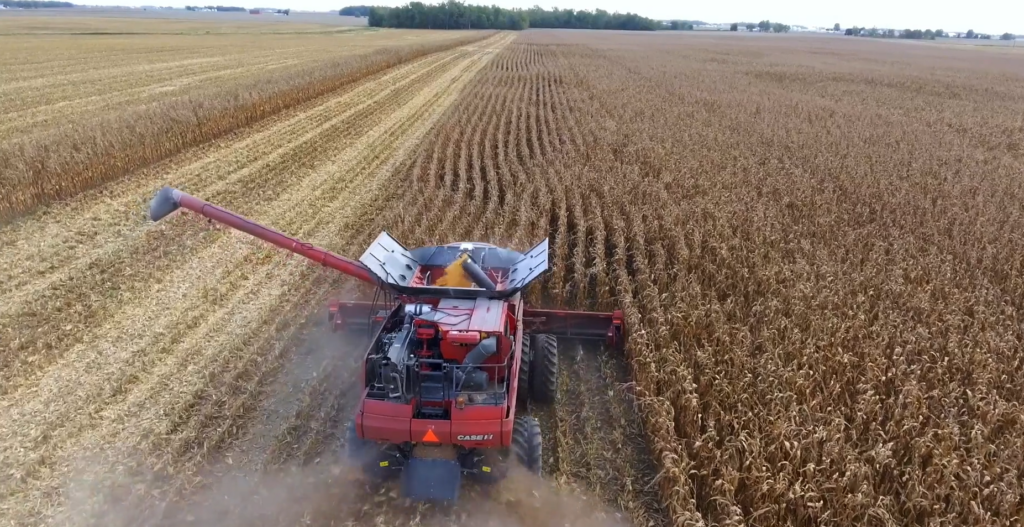
From Thursday, September 14 – Sunday, September 17, the Center for Biological Diversity will host its fourth annual Food Justice Film Festival online and for free.
This year’s featured films are Food Chains, El Susto, Migrant Dreams and Seeding Change. As mentioned just a moment ago, the film festival is free and open to the public as long as you register online.

“These powerful films show how community organizers and activists are working to connect what we eat with our well-being and the health of the planet,” said Linda Rico, film festival organizer at the Center for Biological Diversity. “Viewers will walk away inspired to fight for a food system that’s better for farmworkers, communities, and our world.”
In addition to the films, the festival will also feature interviews with organizers and activists, including Sonia Singh, co-director of the Food Chain Worker’s Alliance, and Amelia Ceja, president and CEO of Ceja Vineyards, featured in the film Food Chains.

The prerecorded interviews are free to watch and available to the public during and after the festival (September 14 – Sunday, September 17).
“This film reveals the human cost of our food supply and the complicity of large buyers of produce like fast food restaurants and supermarkets. It follows the Coalition of Immokalee Workers, who are revolutionizing farm labor. Their story is one of hope and promise for the triumph of morality over corporate greed to ensure a dignified life for farm workers and a more humane, transparent food chain.”
“In Mexico, where sugary sodas are more accessible than clean drinking water and Type 2 diabetes is a leading cause of death, Coca-Cola and other sugary drinks are unleashing a public health crisis on a government ill-equipped to handle it. El Susto charts Big Soda’s insidious infiltration into Mexican society as courageous public health advocates, medical professionals and community members fight for the well-being of a nation.”
“Migrant Dreams exposes the underbelly of the Canadian government labor program that has built a system designed to empower brokers and growers to exploit, dehumanize, and deceive migrant workers who have virtually no access to support or information in their own language.”
“Twenty years ago, a young group of social entrepreneurs joined a movement to change the world through the pursuit of an alternative economic model and practice of conscious commerce. This film strives to empower viewers to be a part of the solution.”
The Center for Biological Diversity’s main office is in Tucson but is a national, nonprofit conservation organization with more than 1.7 million members dedicated to the protection of endangered species and wild places.
For more information, trailers, and interviews, visit foodjusticefilmfestival.com.
Tucson Foodie is a locally owned and operated community. Thanks to our partners and members, we are able to offer paywall-free guides and articles. We value your support and invite you to become a Tucson Foodie Insider today.
At a very young age, Matt Sterner was gifted with the artistic ability to masterfully roll a burrito to the highest of standards, but the wrapped medley of delicious innards wasn’t his first love. Matt’s first true love was a...